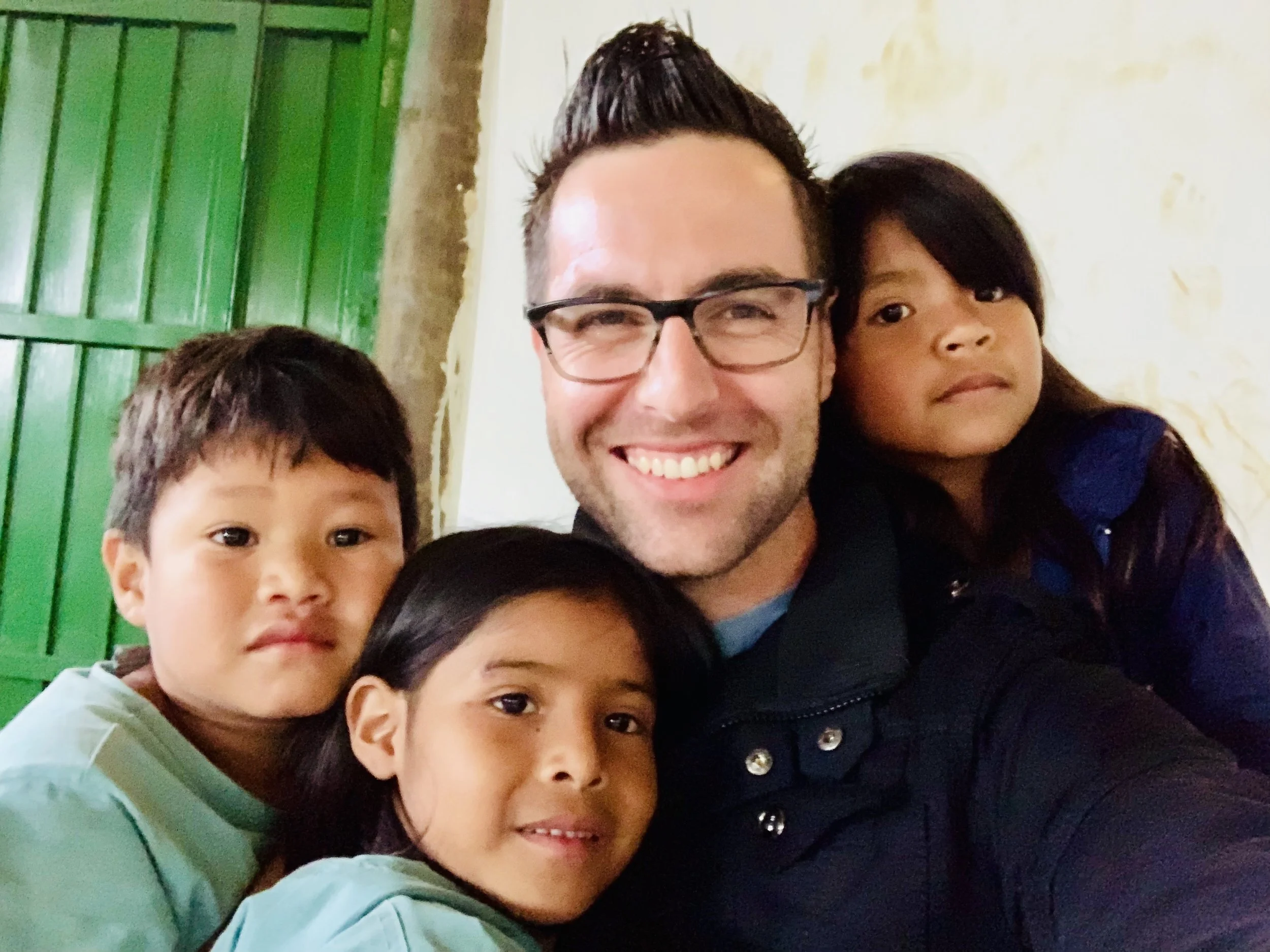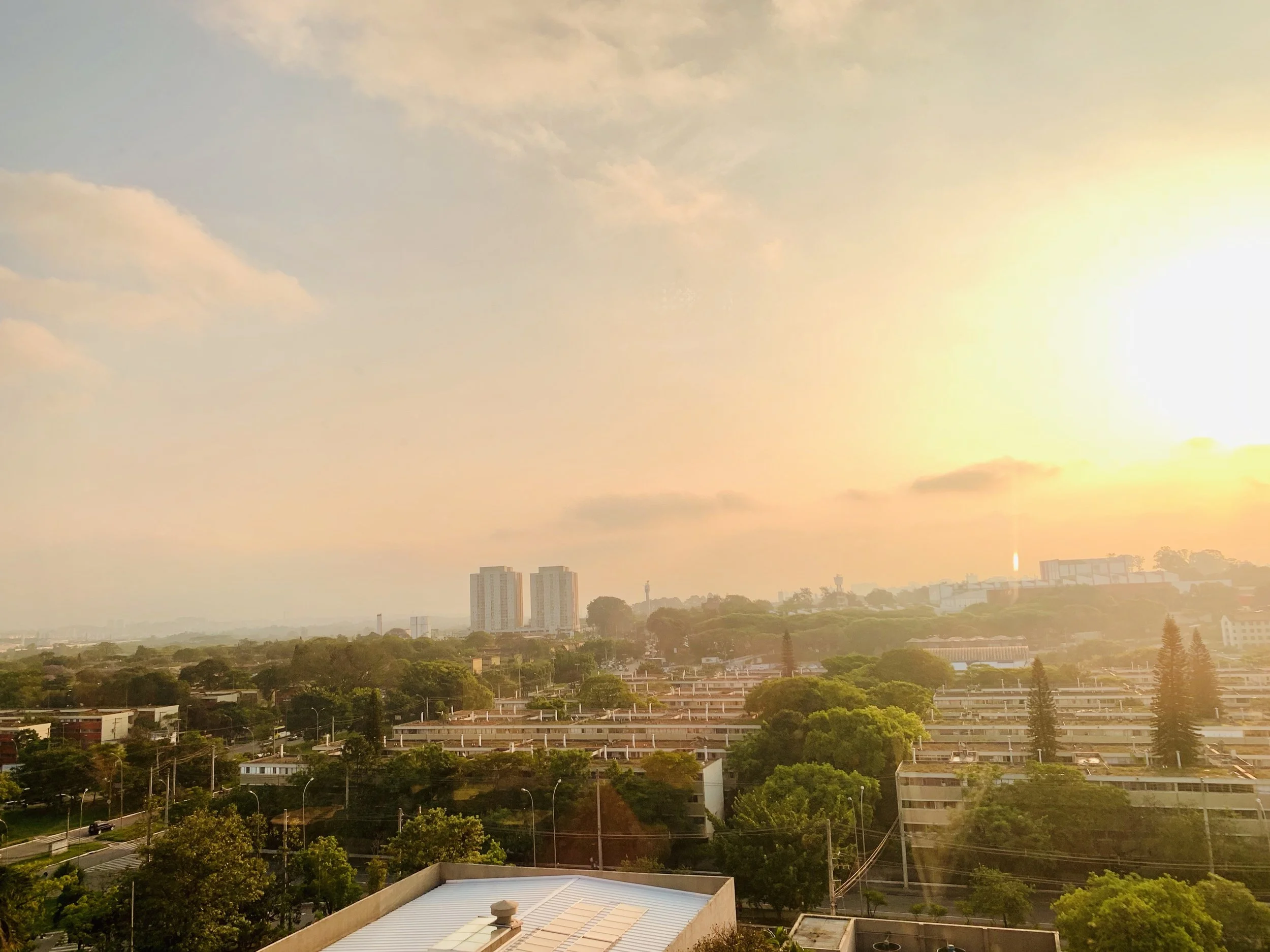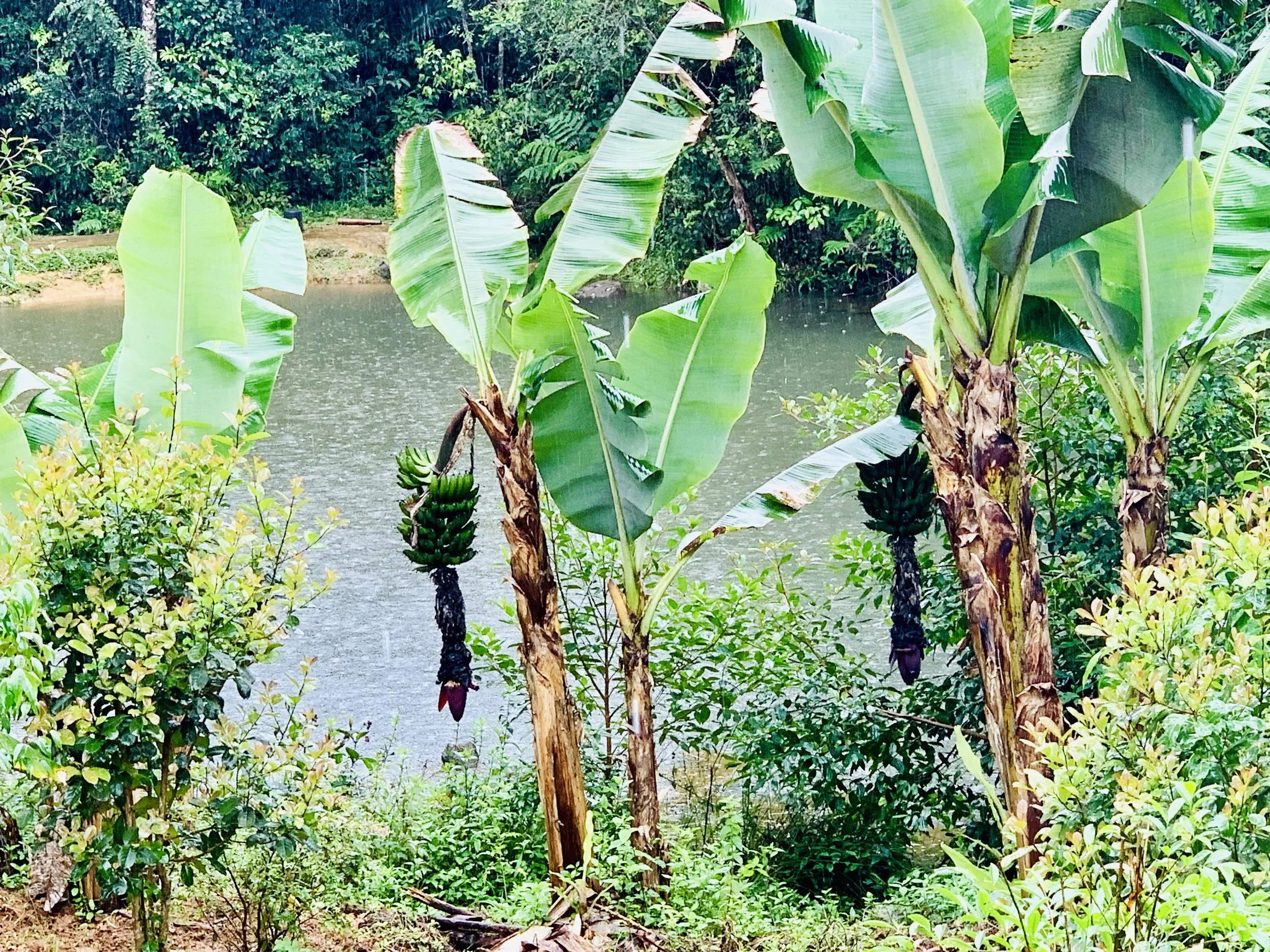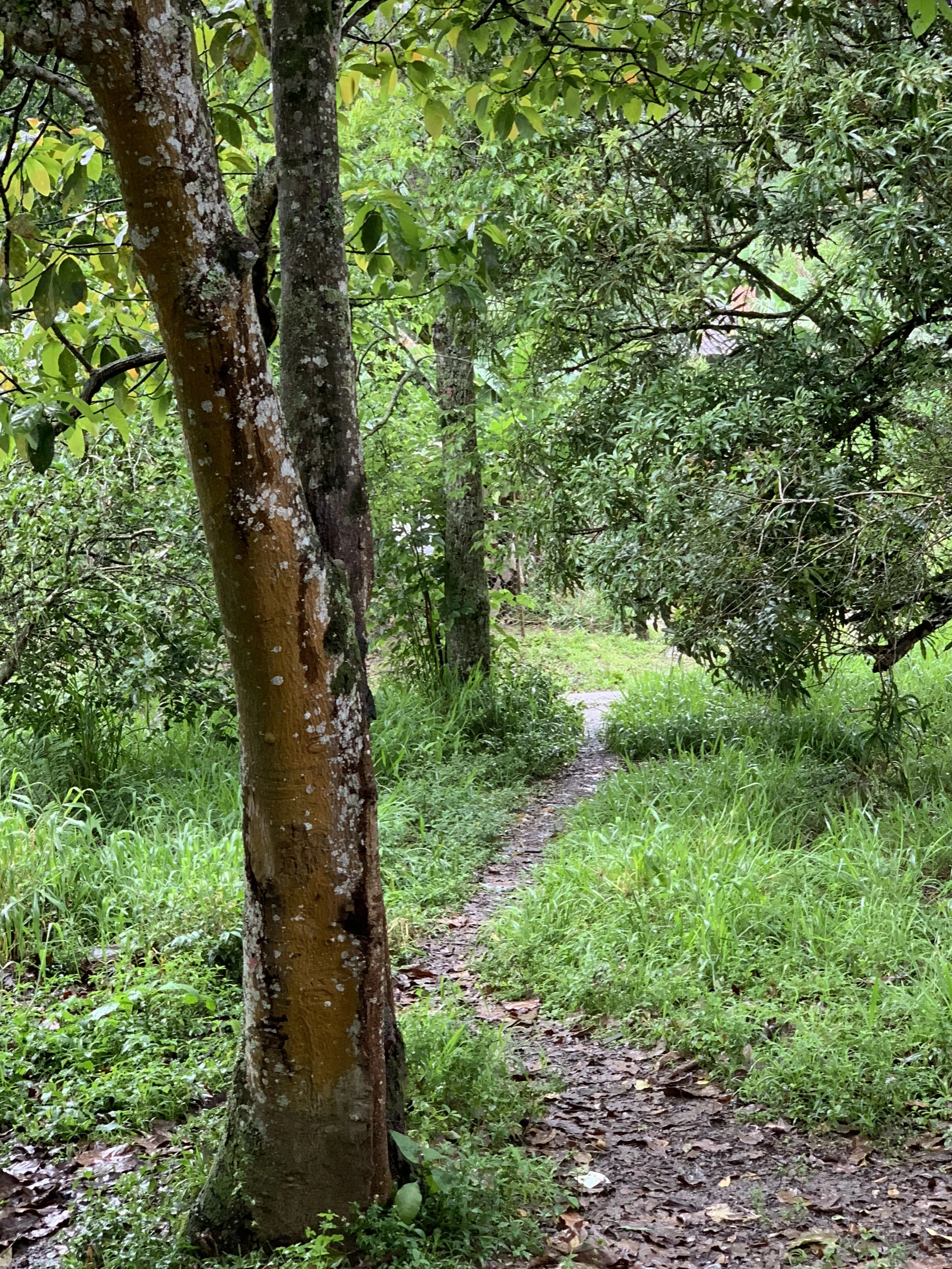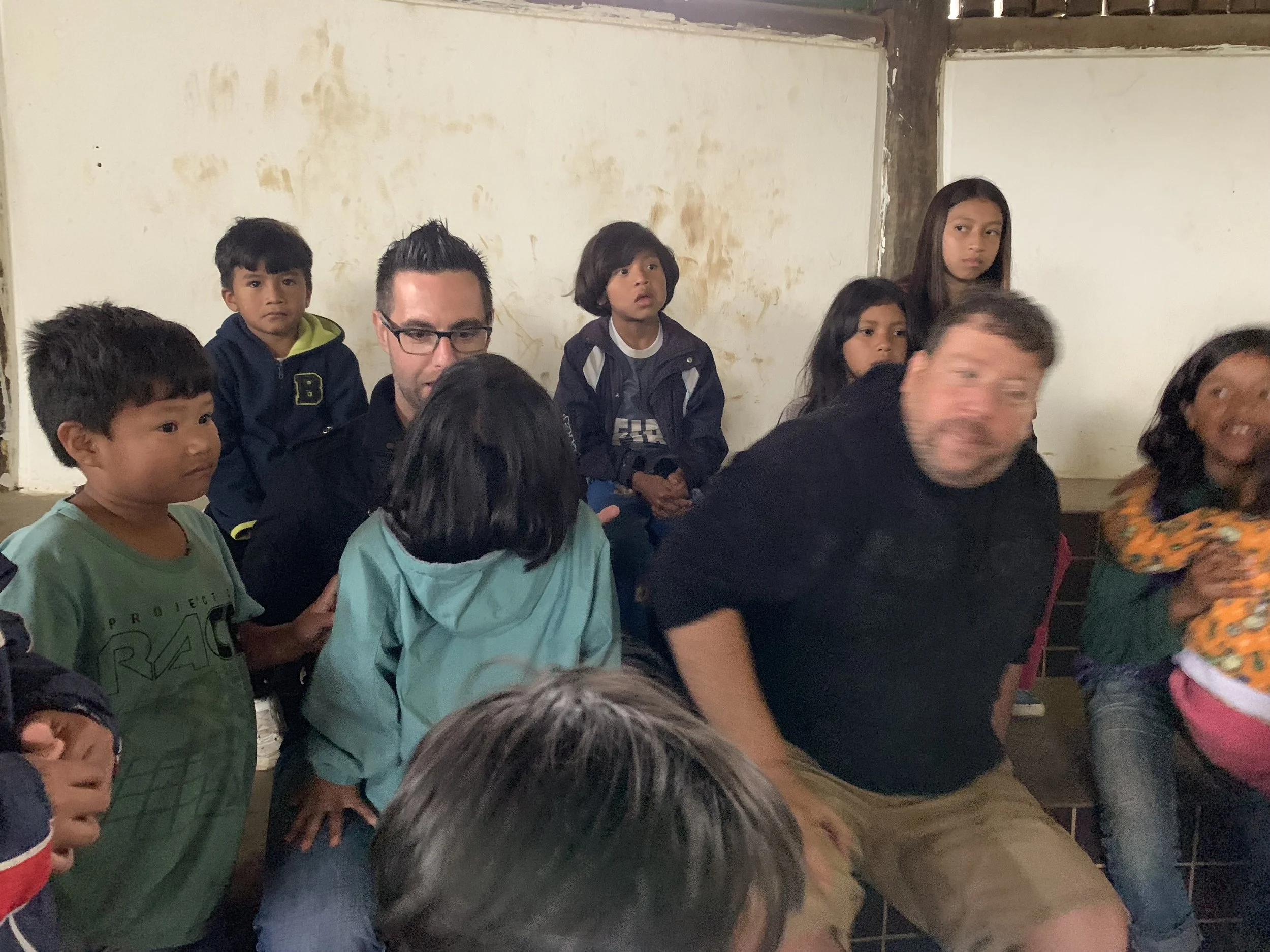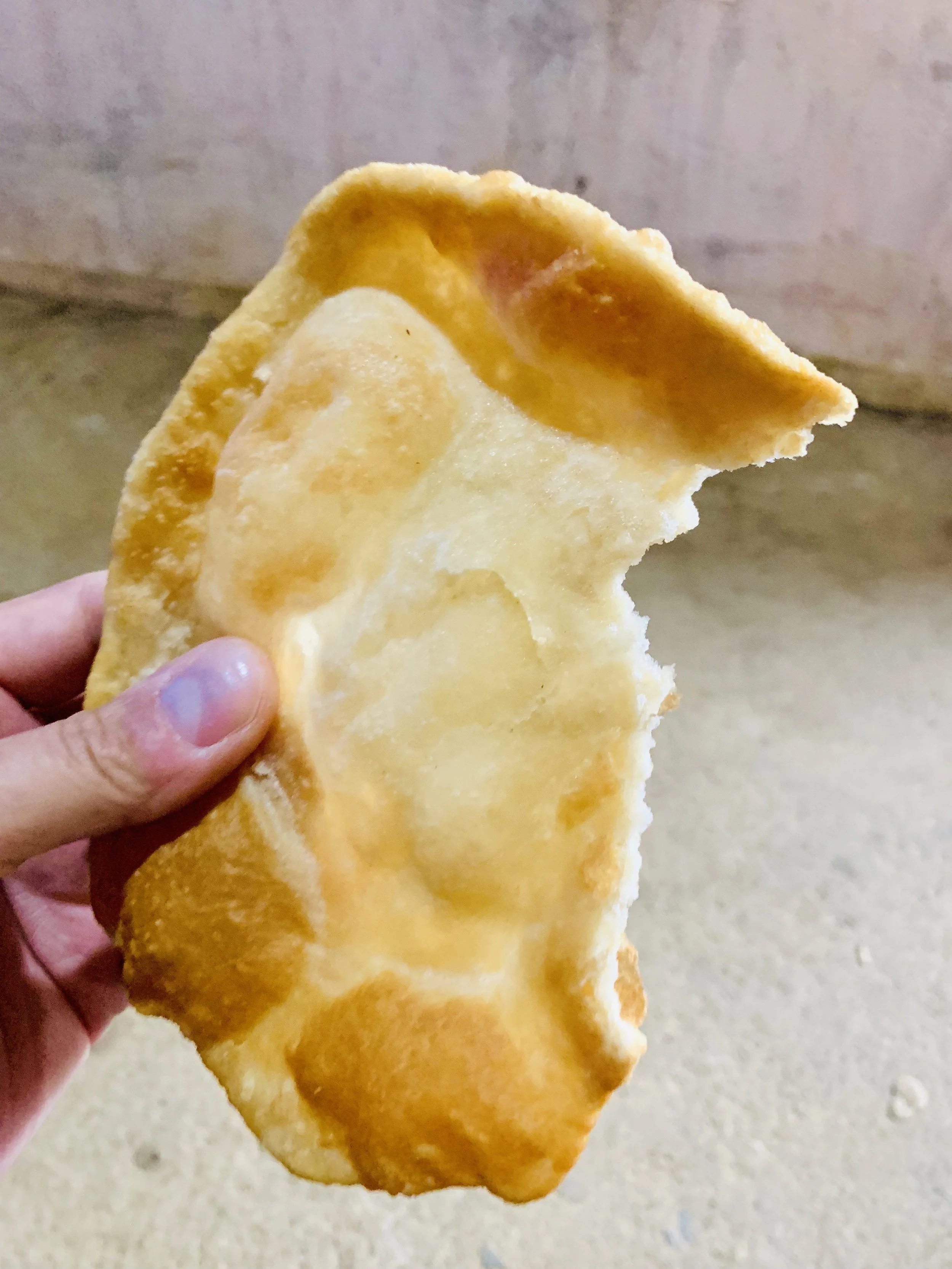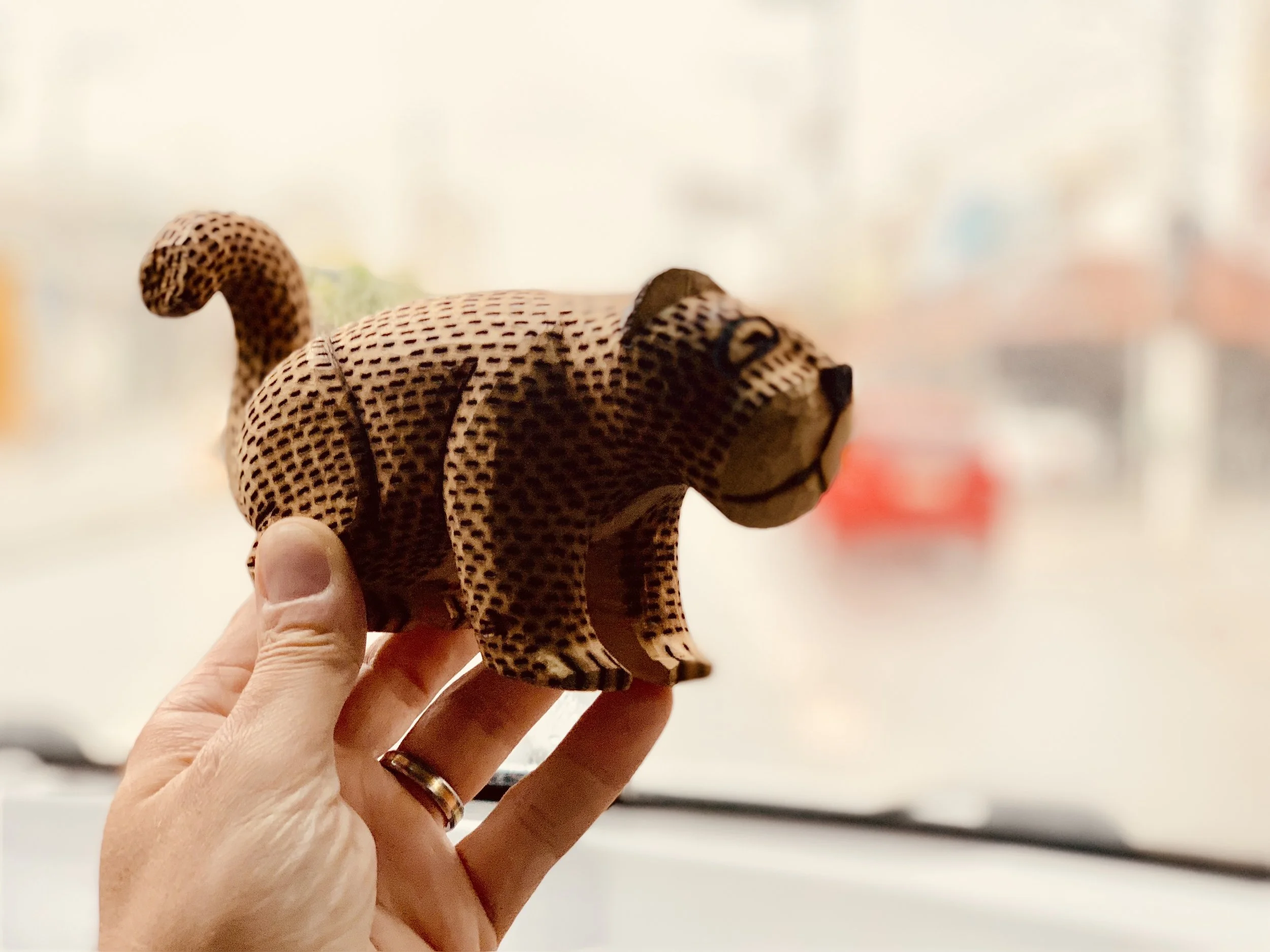Carved from the Tree of Life Amazon, 2018
Monkey Face…..
I didn’t expect to be called Monkey Face by laughing children in the heart of the Amazon.
Spoiler alert.. That’s how this story ends, but certainly, not how it begins.
To understand how I ended up surrounded by laughter in a place I once dreamed about, we have to go back to Brazil in October of 2018.
I remember the balmy weather as I stepped out of the São Paulo airport. Spring had wrapped its fingers around the forests of Brazil. A haze hung over the city, veiling the horrors it held. With expectant exuberance, I hopped into a car and rode toward my hotel on the outskirts of the metropolis.
The traffic was brutal, sitting still in a taxi when all I wanted was to crash in bed. But the reason for the delay soon became apparent. We pulled around a group of people standing in the road, clustered around the bodies of several motorcyclists who had been killed and decapitated right there in the street.
No sirens. No emergency vehicles. Just residents dealing with the death on their own, pushing the bodies aside to free up the road.
With a new appreciation for what was at stake and where I had found myself, I stayed alert the rest of the drive. I caught dinner in the Traveler's Lounge and went to bed, knowing I had an early morning start.
I woke around 3:30 a.m., long before the sun crested the horizon. My eyes were dry. I needed a shower. I rushed through one and headed outside to find my interpreter and driver. We had agreed to meet at 4:00 a.m., but he was already there, leaning against the car, smoking a cigarette. A more rotund man than I had expected, but his car was loaded with the supplies I’d requested. After quick introductions, we set off for the Amazon rainforest in his old Land Rover. I hoped his native language skills were stronger than his English.
The long road to the Amazon
We traveled in relative silence for six hours, aiming to reach the village where a chieftain had agreed to meet me. Everything had been arranged through intermediaries, contacts of contacts. There was more than a small amount of risk that the message had been miscommunicated. But I pressed on. Each bump and jar of the dirt road felt prophetic, like I was getting closer to something I'd dreamed about since I was a toddler watching Indiana Jones. A true jungle adventure.
At least three times, I had to get out and push the car free from deep mud ruts. The rainforest was living up to its name. Eventually, the road gave way to a river. My guide had prepared me for a boat crossing, but I hadn’t fully appreciated what he meant. When he said boat, he meant a metal raft held together by rust and faith. We unloaded the Land Rover and piled the supplies onto the raft. The river guide took us upstream. The little outboard motor clanked and chugged loudly against the dark water. The crossing went without incident, and we landed near the village.
We hauled the heavy cardboard boxes up the bank and began our search for a man named Veja, who would introduce me to the chieftain, Djera. We walked maybe a hundred meters into the dense rainforest along the barest semblance of a trail. Then the village emerged from the mist, like a vision. It was more established than I expected, wooden buildings, plastered walls, and movement everywhere. I was overwhelmed with a sense of accomplishment. I was here. In the heart of the jungle. But that pride was short-lived.
We asked around, cautiously and respectfully, trying to locate Veja. But the villagers ignored us. They looked through us. For an hour we were ghosted, like we weren’t even there. I began to think I’d wasted all the time, money, and planning. Then, a small, well-built man cut directly between me and my guide, grunting something. I turned to my translator.
“He says: Follow.”
We looked up, he was already halfway down the trail. We sprinted to catch up. He didn’t address us again, just hiked briskly into the jungle. Ten minutes passed in silence before fear began to creep into my mind. I had been caught up in the adventure, the glory of arriving, the romance of touching a sacred place in God’s creation. But now? Now I was calculating risks. My mind flashed back to the headless motorcyclists. This wasn’t a game.
The trail we ran down to find Veja
The man stopped abruptly and stepped aside. The path ended at a hut, a strange mix of concrete and thatch. Smoke curled beneath it, and then, unexpectedly, I smelled something beautiful. Something I hadn’t expected. Coffee.
A woman sat by the fire, smoking a long pipe that reminded me of Gandalf’s. She stared into the flames. The man pointed: “Djera.”
I was confused. Everything I’d read said this was a patriarchal society. But he gestured again and said. “Djera.”
So I approached and sat across from her. My interpreter beside me. The chairs were like preschool chairs, metal legs, faded plastic, probably discarded in the 60s and somehow ferried here.
The fire and chairs
We sat in silence. My emotions ran high. This was the moment. I was about to speak to a tribal chieftain, interview her, for a leadership project to help Fortune 500 executives lead more humanely. I delivered my opening via the interpreter:
"I am a leader of people. I want to help others lead better. I’ve come to listen. To be your student."
I thought it was eloquent. Respectful. But her response still sends shivers down my spine.
She didn’t look up. Just said something. My interpreter took a step back.
“She says: I don’t like Americans.”
My blood ran cold. I mapped my escape. I thought about the boat. Could I swim across the river? Ten years ago, easily. Now? Maybe. My heart rate ticked up. It felt like ten minutes passed, though it was likely five seconds.
Then, she took a breath and looked up. Her eyes met mine.
“But,” she said, “you come to me not to tell me what to do. You come to be my student. I like you.”
Me and my guide and interpreter
And with those words, the children and villagers emerged from the forest. Doors opened. Within moments, I had kids on my lap, petting my face, calling me something in their language. Monkey Face.
We sat by the fire for hours. The tribe surrounded us with song, dance, and food. They shared ceremonial flatbread, broken in half as a symbol of their god, Namandu, who shared nearly all attributes with Jesus, including the breaking of bread to represent sacrifice. I was handed a cup of black coffee, over-sweetened, but beautiful. Chicken, bread, even the bananas were sweetened with sugarcane, their only available seasoning.
Breaking of bread….
It was overwhelming. I had come to escape society and find something untouched, and instead, I found God alive in the jungle. In the breaking of bread. In their sacred joy. In their reverence for the divine. I was surrounded by people who had nothing by modern standards and yet glowed with a joy most of us never touch. God was here. Fully. I felt Him sit beside me by that fire.
After the meal, we passed out the boxes of supplies we brought with us: toys, clothes, kitchen tools, hygiene items. The villagers divided everything immediately, their gratitude humble and deep.
But one story of gratitude stood out.
A man led me to a tree and said, "The tree is alive."
I thanked him.
He brought me back thirty minutes later. A large section had been cut out.
"The tree is alive," he said again.
Hours later, he presented me with a carved jaguar. Burn marks marked its surface.
The Tree is alive
"The tree is alive. Because the tree still lives, its soul remains alive in the statue. Now you are connected to the tree of life of the forest."
That jaguar is one of my most treasured possessions.
The journey back was a blur. Hours melted into reflection. God had met me in the heart of the Amazon. I came to teach leaders. But it was I who became the student.
I’ll never see Djera again. But her words, her fire, her joy, and the presence of God in that jungle, they live in me still. It's become one of the great goals of my life: to carry that same joy within my soul, and to let it radiate outward the way her people did so freely.
